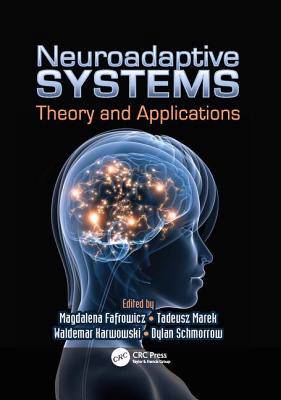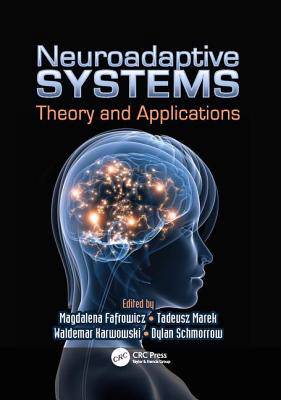
- Retrait gratuit dans votre magasin Club
- 7.000.000 titres dans notre catalogue
- Payer en toute sécurité
- Toujours un magasin près de chez vous
- Retrait gratuit dans votre magasin Club
- 7.000.0000 titres dans notre catalogue
- Payer en toute sécurité
- Toujours un magasin près de chez vous
Neuroadaptive Systems
Theory and Applications
Description
Broadly defined as the science and technology of systems responding to neural processes in the brain, neuroadaptive systems (NASs) has become a rapidly developing area of study. One of the first books available in this emerging area, Neuroadaptive Systems: Theory and Applications synthesizes knowledge about human behavior, cognition, neural processing, and technology and how it can be used to optimize the design, development, modeling, simulation, and applications of complex neuro-based systems.
Balancing coverage of theory and applications, the book examines the general aims of NASs and how neurogenomics can be applied in training applications. It includes important results and findings gathered from approximately two decades of brain computer interaction research. But more than this, the book details the underlying rationale for using NASs compared to other kinds of human-machine systems and raises questions and concerns about budding neuro-scientific areas that gives insight into the way humans may interact with neuro-technological systems in the future.
With contributions from international professionals and researchers, this book presents state-of-the-art developments in neuroscience, human factors, and brain activity measurement. Packed with models, case studies, research results, and illustrations, it discusses approaches to understanding the functions of neuronal networks, and then explores challenges and applications of neuroadaptive systems. It provides tools for future development and the theory to support it.
Spécifications
Parties prenantes
- Editeur:
Contenu
- Nombre de pages :
- 410
- Langue:
- Anglais
- Collection :
Caractéristiques
- EAN:
- 9781138072718
- Date de parution :
- 29-03-17
- Format:
- Livre broché
- Format numérique:
- Trade paperback (VS)
- Dimensions :
- 178 mm x 254 mm
- Poids :
- 759 g

Les avis
Nous publions uniquement les avis qui respectent les conditions requises. Consultez nos conditions pour les avis.





